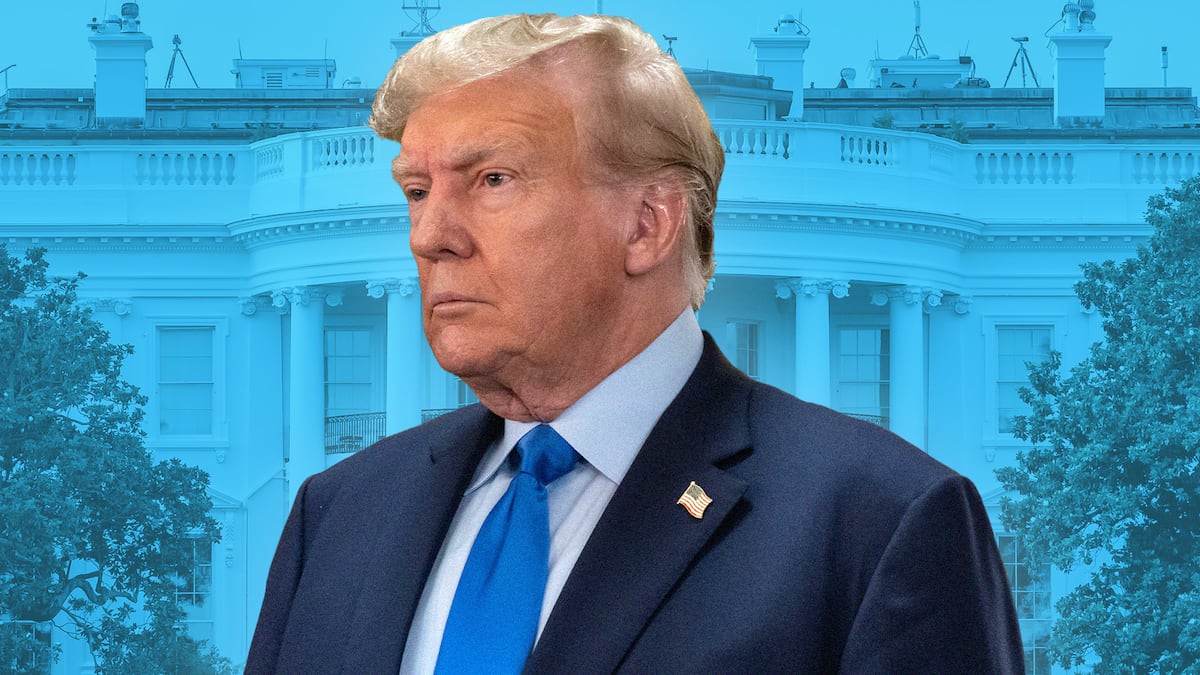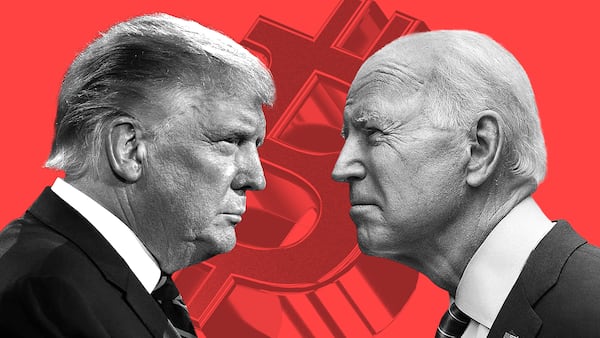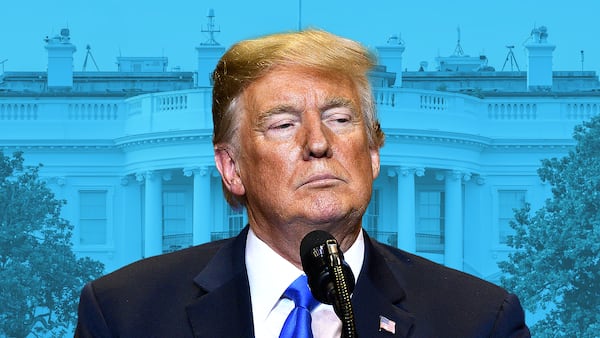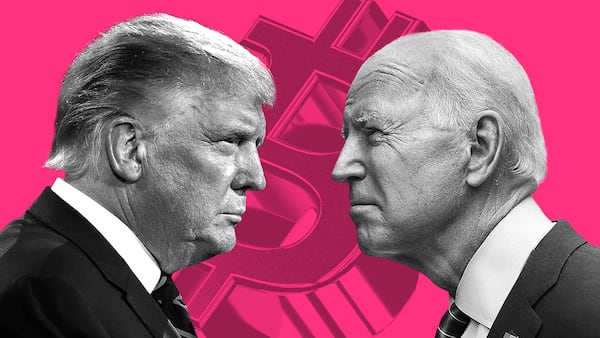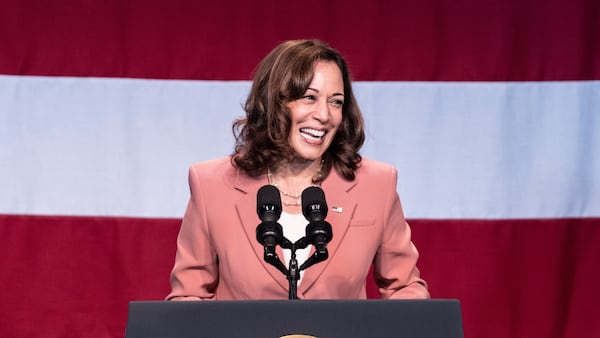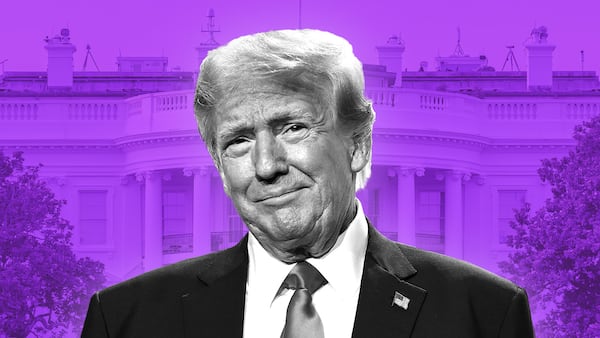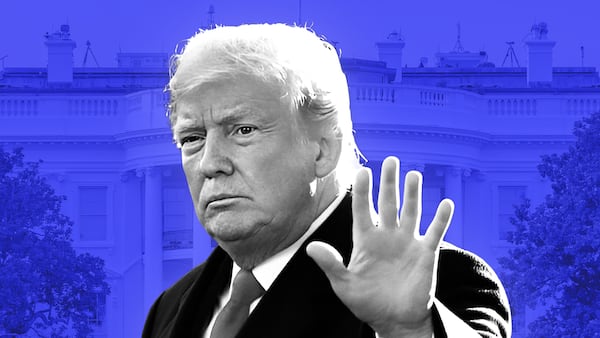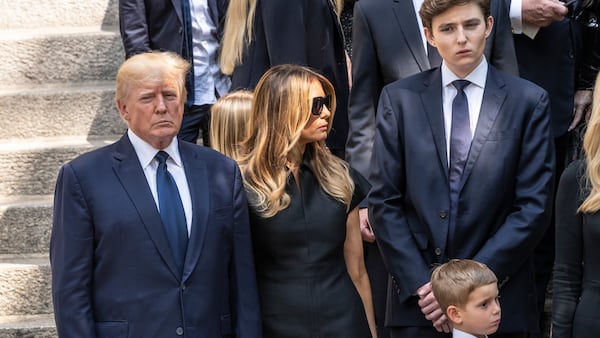- BitMEX co-founder Arthur Hayes says that Donald Trump’s pro-crypto stance isn’t genuine.
- Instead of pining for Trump to win, the crypto industry should work to get legislation passed before the election.
- Hayes suggested getting crypto enshrined as free speech.
The crypto industry shouldn’t throw its lot with presumptive Republican nominee Donald Trump.
That’s according to Arthur Hayes, co-founder of crypto exchange BitMEX, who wrote in a blog post on Thursday that Trump’s recent pro-crypto shift isn’t genuine.
”I am dismayed that many crypto pundits who should know better are now blindly throwing fancy fundraisers for the Trump campaign,” Hayes wrote.
“Trump is an astute politician,” he added. “He will say whatever to whoever is to be re-elected. Once in office, anything related to crypto will be a distant memory.”
Traditionally crypto-agnostic, Trump started making overtures to the crypto industry in May.
Since then, he has met with representatives of the Bitcoin mining industry, vowed to pardon Silk Road creator Ross Ulbricht, and made crypto an official part of the Republican platform.
Contrasting with the Biden administration’s adversity, Trump’s new friendliness toward crypto has been well received. Trump is now slated to speak at Bitcoin Nashville, the largest Bitcoin conference of the year, on July 25.
Instead of siding with Trump and risk disappointment after the election, Hayes argued, US crypto holders should unite as a voting block and pressure Democrats to pass pro-crypto legislation right now — and promise their votes in return.
“The best time to get concrete results is before the November election,” Hayes said.
Over 20% of the US population owns crypto, crypto exchange Coinbase reported in 2023.
“If this cohort votes together, they could easily decide which clown ascends the throne,” Hayes said.
The Trump campaign didn’t immediately respond to a request for comment.
Crypto as free speech
But not just any old crypto bill will do.
The crypto industry, Hayes said, should push to get cryptocurrencies — and other forms of money, such as gold or government-issued currencies — protected as a form of free speech.
Laws that protect the freedom of speech would thereby apply to money, and regulations that would restrict an individual’s ability to hold or transfer crypto would become void, according to Hayes.
Such a bill would turn the US into the most pro-crypto jurisdiction in the world, Hayes said.
”Doing crypto could mean opening your own exchange, creating a new DeFi protocol, building decentralised infrastructure, or pooling funds to invest or trade,” he said.
”It means permissionless innovation. The type of innovation that Pax Americana die-hards wax nostalgic about,” he added.
Money as speech isn’t a novel idea in the US. In 2010, the Supreme Court ruled that giving money for election purposes constitutes protected speech.
And even though the election is only four months away, there may still be time for a crypto push, according to Ron Hammond, director of government relations at Blockchain Association.
“This is a unique position for crypto because in the past this is when many of the active bills fell to the wayside,” Hammond posted. “That is not the case now.”
Tom Carreras is a markets correspondent at DL News. Got a tip about Bitcoin, Trump, and the US election? Reach out at tcarreras@dlnews.com


